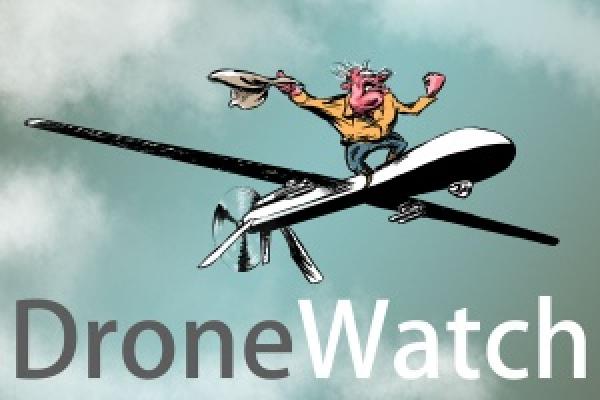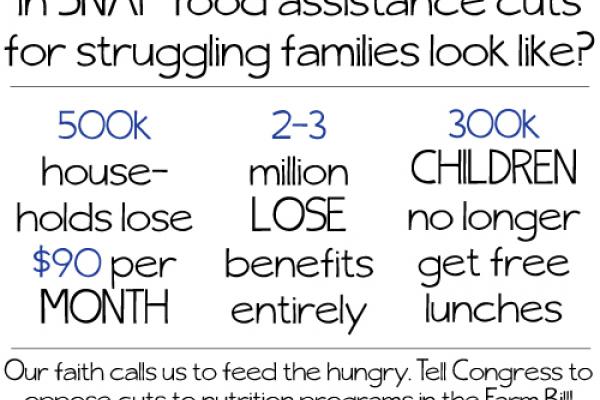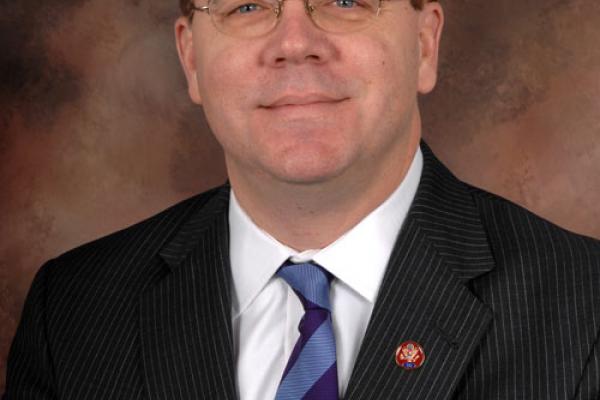As someone outside the disability community, I thought myself an unlikely choice to write a book about the faith dimension of disability. Over two decades as a religion writer for daily newspapers, I had written just a handful of stories about the subject.
But the Alban Institute, a religion think tank, explained that in many ways I represented exactly the kind of reader they sought – people of faith without expertise or personal experience with disability. In the main, these were the congregation members and clergy who make the accessibility and inclusion decisions about their houses of worship. While plenty of valuable resource manuals exist, there was a need for stories that grip hearts and minds, showing struggles and solutions.
What I didn’t realize was how much writing this book – eventually titled Amazing Gifts: Stories of Faith, Disability and Inclusion– would change my own life and the way I see and interact with people with disabilities. I learned many things, most of them simple, which in retrospect should have been obvious.
Unpiloted drone aircraft are already being used for some purposes in the United States, and plans are being made for greatly expanded use. Alongside these plans, efforts to control and regulate this use are also growing, bringing together libertarians and civil liberties organizations.
One of the most conservative state legislators in Virginia, Delegate Todd Gilbert, and the American Civil Liberties Union (ACLU), are working together to pass legislation that would regulate the use of drones. The Associated Press reported:
"The increasing use of drones as a surveillance tool by police and government agencies has prompted privacy concerns nationwide. A trade group for drone manufacturers recently unveiled its first code of conduct to reassure a public leery of the possibility of drones monitoring them in their homes.
However, Gilbert said he and the ACLU believe drones should be strictly regulated to protect Virginians’ privacy and civil rights. …
Gilbert said his bill would require police to get a warrant before using drones. It also would impose public monitoring and accountability standards and require the destruction of any pictures acquired by drones unless they are part of an authorized investigation."
95 seconds of 90s television nostalgia – Mike Birbiglia and Ira Glass prepare for the release of their first feature film Sleepwalk With Me – Arrested Development set to film in one month – Earnest Hemingway's A Farewell to Arms releases with 47 alternate endings. See these and more in today's Links of Awesomeness...
Jesus was not just present for a year or two; he was present for 30 years before entering his formal ministry. There is an element of lingering inherent with submerging. It is a willingness to be present to the point of feeling like we are wasting time, when in reality we are leaving ourselves open to be used by the Spirit in ways we be might otherwise have never been aware of. Lingering is not simply walking aimlessly in circles; it is knowing what we are looking for and being intentional with our time and presence.
Jesus, with his building vocation as Messiah and inaugurator of the kingdom of God, spent time to linger, to be fully present and submerge into his context. And he did so for 30 years. Being the one chosen to redeem all of humanity, I have to wonder if he ever felt as thought he was wasting time at any point during the first 30 years of his life. After all, he had a lot of work to do and a renewed story to tell and invite God’s people into.
Politically, the right to online privacy seems like a no-brainer. Just as employers, and the government, shouldn’t be allowed to snoop through one’s personal diary or journal, the privacy of our digital records should be likewise respected, in law and in practice.
But biblically, theologically, and spiritually, it gets more complicated. For instance, what would a “spirituality of privacy” look like? At the core of spirituality is a connection with the divine. That begins in our heart of hearts and is by necessity a private, solitary practice. But it doesn’t end there. Genuine, life-transforming spirituality is personal, but never “private,” in the sense of “restricted to me alone.” Rather, spirituality is about the connection between a person and the divine and about the connection between a person and other people. In other words, there is an essential communal, public aspect of spirituality. Genuine spiritual enlightenment leads not only to an enriching of our connection with God, but with one another as well. Thus in some ways the distinction between a “private” spirituality and our public face is an artificial one, and at our best these two aspects of our being will be in harmonious synchronicity.
A common rationalization those in religious circles make for cutting social programs that help the poor is that church should be the one helping “the least of these,” not the government. But if we know that’s not possible given the church’s means, that millions will get left behind because our efforts fall far too short, is that still a logical line of defense? Jesus told us to care for the poor, sick, and vulnerable—he didn’t prescribe how.
Sometimes Jesus healed people one-on-one. Sometimes he addressed the needs of a multitude by providing enough food to feed them all. Sometimes he sent others in his stead to provide healing.
If we ignore the needy in our midst by getting rid of one huge way to address that need, we are not following Jesus’ example.
Editor's Note: On Wednesday, the House Agriculture Committee voted to slash $16.5 billion in nutrition assistance funding in the farm bill. Rep. James McGovern led efforts to stop the drastic cuts to anti-hunger programs. He offers his thoughts to Sojourners on the committee decision.
I am disappointed that a majority of the House Agriculture Committee voted against my amendment to eliminate the $16.5 billion in cuts to the Supplemental Nutrition Assistance Program, or SNAP, included in the Farm Bill. These cuts are detrimental, cruel, and immoral. They literally take food away from hungry people; people who are poor; people who struggle to feed their families. SNAP is the most effective and efficient federal program. Let me repeat that – the most effective and efficient program. In fact, the error rate was 3.81 % in 2010, the lowest in the history of the program. And that rate continues to decrease.
It is false to say that these cuts won’t affect benefits or that they are merely closing loopholes. They will result in less food for hungry, low-income Americans – period.
In the name of protecting the “middle class” some politicians have been pressing for extensions of the Bush Tax Cuts for all earnings up to $1 million. They are calling folks in the top 1 percent “middle class.” This week, President Obama announced that he would extend the Bush era tax cuts for all earnings up to $250,000, but not beyond this threshold. Still hard to swallow the idea of those being “middle class” tax breaks but it’s an improvement from calling millionaires “middle class.”
While Jesus loves everybody, there is no Christian tradition of teaching God’s “preferential option for the middle class.” For Christians, it’s still about the poorest and most vulnerable, and here is why these tax issues matter to those Jesus called “the least of these.”
Last month, the U.S. Senate held its first hearing ever on the issue of solitary confinement in prisons. To draw attention to the issue, the National Religious Campaign Against Torture urged Americans to fast for 23 hours for one day, symbolizing the 23 hours a day prisoners spend in solitary confinement each day.
"Christian scriptures and the scriptures of all religions say much about the way we are to treat other human beings, especially the most vulnerable," said the Rev. Richard Killmer, executive director of NRCAT. "And all religious traditions teach that it is important to honor and respect the dignity and worth that God has endowed in each human being. When we put people into solitary confinement cells, which we know are going to cause harm, then we have deeply violated that requirement from God to honor and respect each human being."
Politicians, pundits, concerned citizens alike are all looking for the magic bullet to generate revenue without alienating an entire voting bloc or causing the American people more angst. Celebrities, pastors, and community leaders think the Robin Hood tax—taxing less than half of 1 pecent on Wall Street transactions— is the answer.
What say you?





